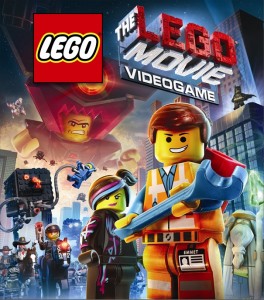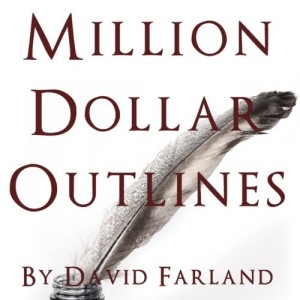Ah, June. When the weather’s nice and Costco is selling too many good ice cream bars. Sure, you had told yourself THIS WAS THE YEAR you won’t give in to temptation. But it’s, like, hot. And ice cream is good.
Four ice cream bars later, you sit on the couch, lamenting your own existence and wonder why you can’t just stick to your goals.
Don’t worry! I’ve brought your misery some company. Did you know just 8% of all people who made a New Year’s resolution succeeded? That means 92% of us failed and secretly want to trip the other 8% who are still hard at work on their marathon training regimen. Because tripping people has consequences, let’s figure out where we went wrong instead.
A Failure’s Guide to Self-Examination
1. What was your goal?
Let’s say you recently took a quiz online that led you to believe that your father isn’t proud of you. After three glasses of whiskey on December 31st, you decided 2014 was the year you’d make your father proud. Your father has a lavish assortment of horrifying animal heads on his wall. “This is how I’ll do it,” you tell yourself. “I’ll go kill an elephant in the wild and give him the head to hang on his wall. He will be so proud of me then!”
The issues:
- So many issues here.
- First, this goal is not necessarily for you. This goal was made in hopes of gaining favor with someone else.
- Poaching elephants is illegal.
- Whisky is bad. Don’t do ANYTHING if you are under its influence.
- Take a better quiz. That quiz you took online was a joke.
2. Was your goal realistic enough to obtain?
Let’s say your New Year’s resolution was to get a book published. You hadn’t written a novel before, but your prison inmate pen-pal told you you’re a great writer.
The issues:
- Again with the issues.
- Understand the work your goal will entail when you make it. How many hours will it take to complete a novel? How many days a week will you dedicate to writing? What’s the next step after you’ve written it? How difficult is it to get published?
- Ooooo I’ve always wanted a pen-pal! Hook a girl up!
3. Were you under the influence of whiskey or prescription medications when you made your goal?
Well, were you?
If yes, ignore your goal and/or reevaluate.
If no, then wow! Okay.
4. Did you make plans to support succeeding at your goal?
Successes takes planning. It takes a lot of time, dedication, and focus.
The issues:
- If you needed help defining any of the words “planning,” “time,” “dedication,” or “focus,” maybe goal setting isn’t for you.
5. Did you fail at your goal?
Let’s say you wanted to tear up the hardwood in your house and replace it with sand. As you pried up the third floorboard, you realized that you hate sand. You hate all those tiny, tiny rocks. Besides, there’s a Real Housewives of Atlanta marathon on E!.
The issues:
- You’re right, sand sucks. No issue there.
- It’s okay to fail. Failing teaches you, if you’re open to learning the lesson.
The reality is, we all fail sometimes. Failing might hurt, but it doesn’t have to matter unless you make it matter. If you let failure dictate your future, you’ll never meet any of your goals.
Resolve to make one pragmatic, well-planned goal a reality. Make it your focus, and be dedicated to that goal. Carry that success with you and remind yourself of it often. Because here’s a secret: you will probably fail again. The only way to combat it is to make another goal, and achieve it.


